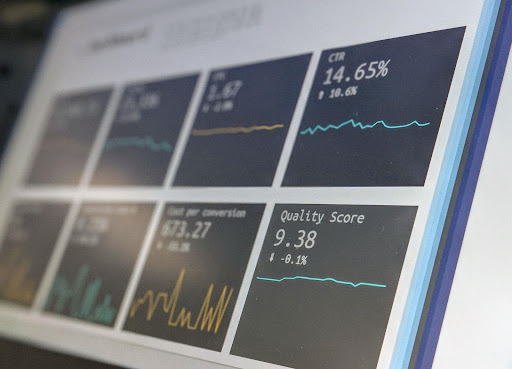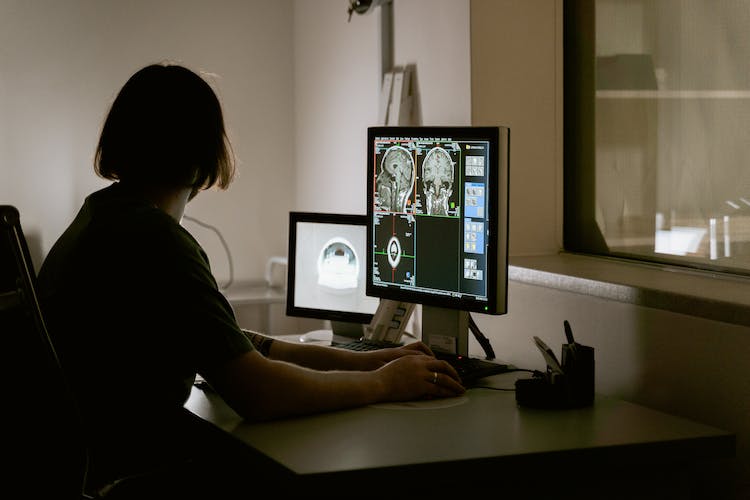Artificial intelligence and machine learning are fundamentally transforming how industries operate, especially with regard to automation and big data processing. When applied to the waste management sector, these solutions can streamline the complete value chain, optimizing everything from garbage collection to smart recycling.
How AI Can Transform Waste Management
Since 1990, Americans have generated…










